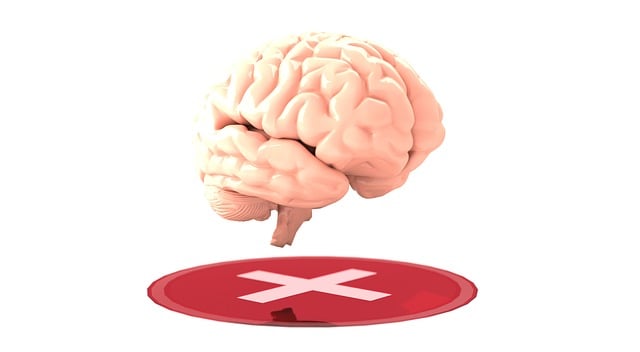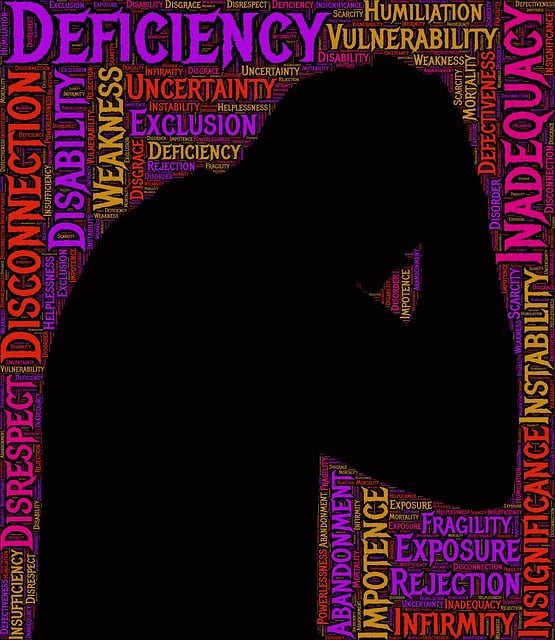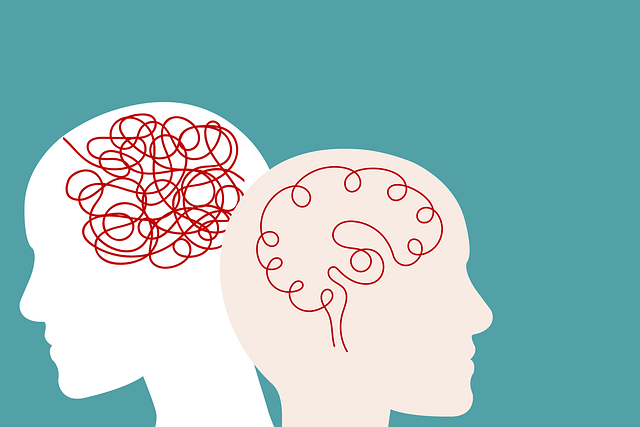Personalized self-care routines, inspired by Castle Rock Codependency Therapy, are key to mental wellness. This therapy encourages introspection, identifying triggers, and pinpointing areas for improvement like stress management and communication skills. By integrating activities that nourish mind, body, and spirit, such as nature, mindfulness, creativity, and social connections, individuals can build resilience and effective mood management. Regular self-assessment through journaling or apps helps track progress and adapt routines; techniques like conflict resolution enhance relationships and stress reduction. Cultural sensitivity ensures tailored mental healthcare approaches, promoting depression prevention.
In today’s fast-paced world, prioritizing mental wellness is paramount. This comprehensive guide explores how to forge a robust self-care routine tailored to your unique needs. We’ll delve into understanding your mental wellness landscape, identifying activities that restore balance, and seamlessly integrating practices like Castle Rock Codependency Therapy for holistic healing. Discover strategies for sustaining momentum and tracking progress on your journey towards enhanced mental well-being.
- Understanding Your Mental Wellness Needs
- Identifying Self-Care Activities for Balance
- Integrating Castle Rock Codependency Therapy into Your Routine
- Sustaining and Tracking Progress in Your Mental Health Journey
Understanding Your Mental Wellness Needs

Understanding your mental wellness needs is a crucial step in developing a self-care routine that truly works for you. It’s akin to building a custom fortress, where each stone represents a personalized strategy tailored to address unique challenges. Castle Rock Codependency Therapy emphasizes this individual approach, recognizing that what fosters resilience and calm in one person might differ greatly from another. By delving into your specific needs, you can identify the areas demanding attention—whether it’s managing stress, cultivating healthy communication strategies, or boosting confidence.
This introspective journey involves listening to your inner voice, reflecting on past experiences, and acknowledging present-day triggers. It’s about recognizing the subtle signs of mental health imbalances, such as persistent feelings of sadness, anxiety, or a lack of motivation, which could be early indicators of depression prevention efforts. Through this understanding, you can equip yourself with tools and resources to navigate life’s challenges more effectively, fostering a deeper connection with your emotional well-being.
Identifying Self-Care Activities for Balance

Creating a balanced self-care routine is an essential aspect of maintaining mental wellness, especially in today’s fast-paced world where burnout prevention strategies for healthcare providers are more crucial than ever. Just as Castle Rock Codependency Therapy offers personalized approaches to healing, your self-care should be tailored to your unique needs and preferences. This involves identifying activities that nourish your mind, body, and spirit, fostering resilience building and effective mood management.
Start by reflecting on what brings you joy and peace. Could it be a calming walk in nature, practicing mindfulness meditation, engaging in creative pursuits, or spending quality time with loved ones? Incorporating a mix of physical exercises, relaxation techniques, and social connections can help create a well-rounded routine. Remember, self-care isn’t selfish; it’s a necessary investment in your overall mental wellness and ability to navigate life’s challenges.
Integrating Castle Rock Codependency Therapy into Your Routine

Integrating Castle Rock Codependency Therapy into your self-care routine is a powerful step towards fostering healthy relationships and enhancing emotional well-being. This therapeutic approach, developed in Castle Rock, focuses on identifying and modifying codependent patterns, which can often be deeply ingrained and impact various aspects of life. By learning effective conflict resolution techniques and exploring the root causes of codependency, individuals can break free from unhealthy dynamics.
The therapy encourages self-reflection and promotes mental illness stigma reduction efforts by normalizing the experience of codependency. It equips individuals with tools to set healthy boundaries, communicate assertively, and foster mutually satisfying relationships. Incorporating these practices into your daily routine allows for continuous growth and can significantly contribute to overall mental wellness.
Sustaining and Tracking Progress in Your Mental Health Journey

Sustaining mental wellness involves consistent effort and tracking your progress is a crucial part of this journey. By regularly assessing your emotional well-being, you can identify what’s working and make informed adjustments to your self-care routine. Consider implementing a system to record your feelings, thoughts, and behaviors. This could be as simple as journaling or using mental health apps designed for tracking symptoms and progress.
For instance, Castle Rock Codependency Therapy emphasizes the importance of personal growth and self-awareness. By integrating conflict resolution techniques into your routine, you can better manage relationships and reduce stress levels. Additionally, understanding cultural sensitivity in mental healthcare practice ensures that your approach is tailored to your unique needs, promoting effective depression prevention strategies. Regular reflection allows you to stay on course, adapt as needed, and celebrate small wins along the way.
Developing a robust mental wellness self-care routine involves understanding your unique needs, identifying balanced activities, and integrating evidence-based practices like Castle Rock Codependency Therapy. By consistently tracking your progress, you can sustain a healthier, more fulfilling life. Remember, this journey is personal, so tailor strategies to fit your lifestyle and always seek professional guidance when needed.














